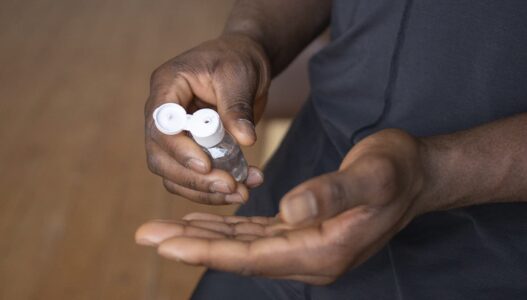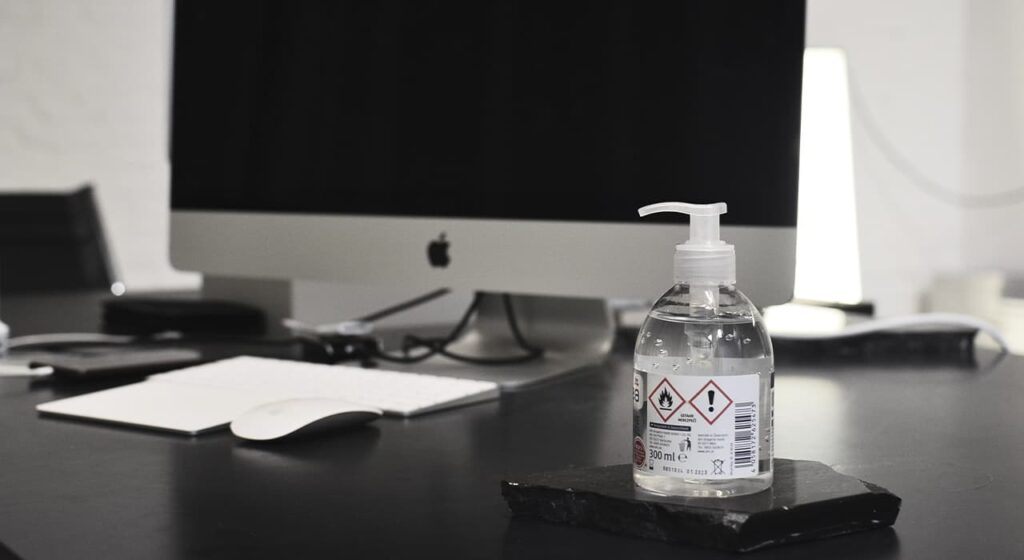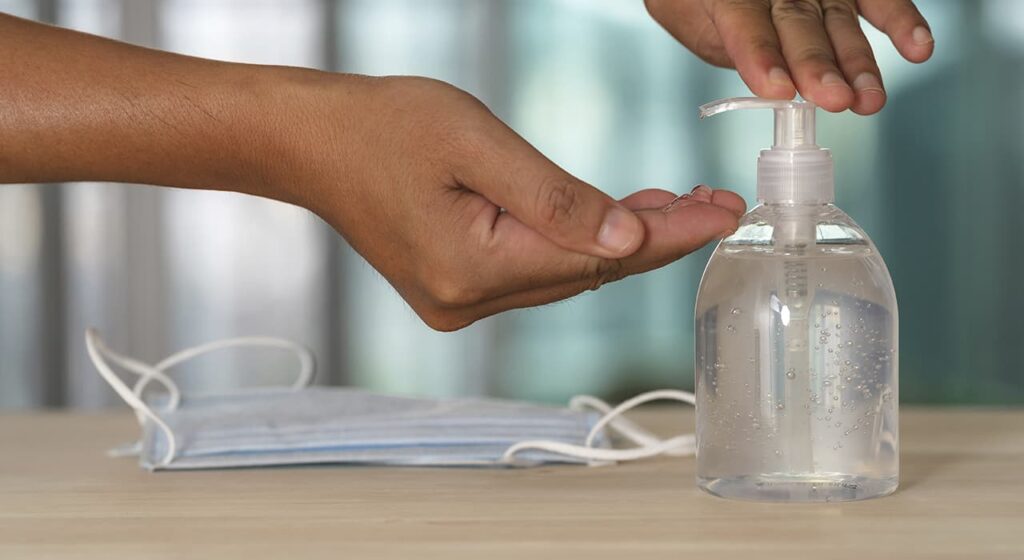Pocket hand sanitizers have recently become especially popular. As far back as we can remember, pocket sanitizer was only used by medical staff between patient appointments and by medical students.
Demand for sanitizers went high upward thanks to blogger advertising, the wide range of products in all stores (not just pharmacies), the production of antiseptics with attractive labels and sweet smells, and the low price. Today, hand hygiene has become a trend. But is there really a need for constant hand disinfection?
WHAT IS A SANITIZER AND HOW DOES IT WORK?
Sanitizer is a popular synonym used by today’s youth to describe a pocket-sized hand sanitizer for hand hygiene. The purpose of the sanitizer is to kill pathogenic microorganisms on the surface of the hands, to disinfect the hands of the medic after examining and palpating the patient, and to disinfect the hands of medical personnel after invasive procedures. Sanitizers are divided into alcoholic ones, parabens, triclosan derivatives, and antiseptics with antibacterial substances (antibiotics).
The standard sanitizer is a 70% solution of ethyl alcohol. This concentration is the optimum concentration for the effective action of the antiseptic, because the concentration of the solution of more than 70% causes a tannic effect on the skin. All dyes and aromatizers are inappropriate compounds, which are of no use whatsoever and raise the price of the sanitizer several times over.
WHAT IS THE DANGER OF USING THE WRONG SANITIZER?
The human body contains its own microflora, which are harmless bacteria that protect us from pathogenic bacteria. Uncontrolled constant use of a pocket sanitizer destroys the microflora on the surface of the hands, making them more vulnerable to external negative factors. Also, over time, hands become dry, flaky, irritated, cracked – hello to infections. A change in pH occurs.
Another danger is the risk of an allergic reaction to the components of the sanitizer. Already on subsequent use, patients complain of redness of the hands, swelling, hives, severe itching, the appearance of painful cracks and blisters with clear or yellowish contents. I think this is not the result you expected from a simple antiseptic.
WHEN IS IT RECOMMENDED TO USE A SANITIZER?
In fact, a sanitizer is necessary for people who come into daily contact with infectious diseases. This applies to medical personnel, students on practical training in medical institutions, etc. Also, sanitizers are appropriate if you will not have access to water and soap (on the road or before trying a street fast food). In other cases, the most effective method of protecting your hands will be regular hygienic hand washing with soap and water.
When to wash your hands with soap:
- Before cooking and eating;
- After using the restroom;
- After contact with a stranger;
- After a walk;
- After contact with animals;
- Before body care procedures (face wash, masks, manicure, pedicure, etc.)
- after contact with money;
- Before using contact lenses;
- After being on public transport.
Wash your hands thoroughly for at least 30 seconds under running water at room temperature, wipe with an individual towel or a disposable dry cloth. Do not forget about the hygiene of the nails. You can also use hand cream, it will create additional protection against pathogenic bacteria.



